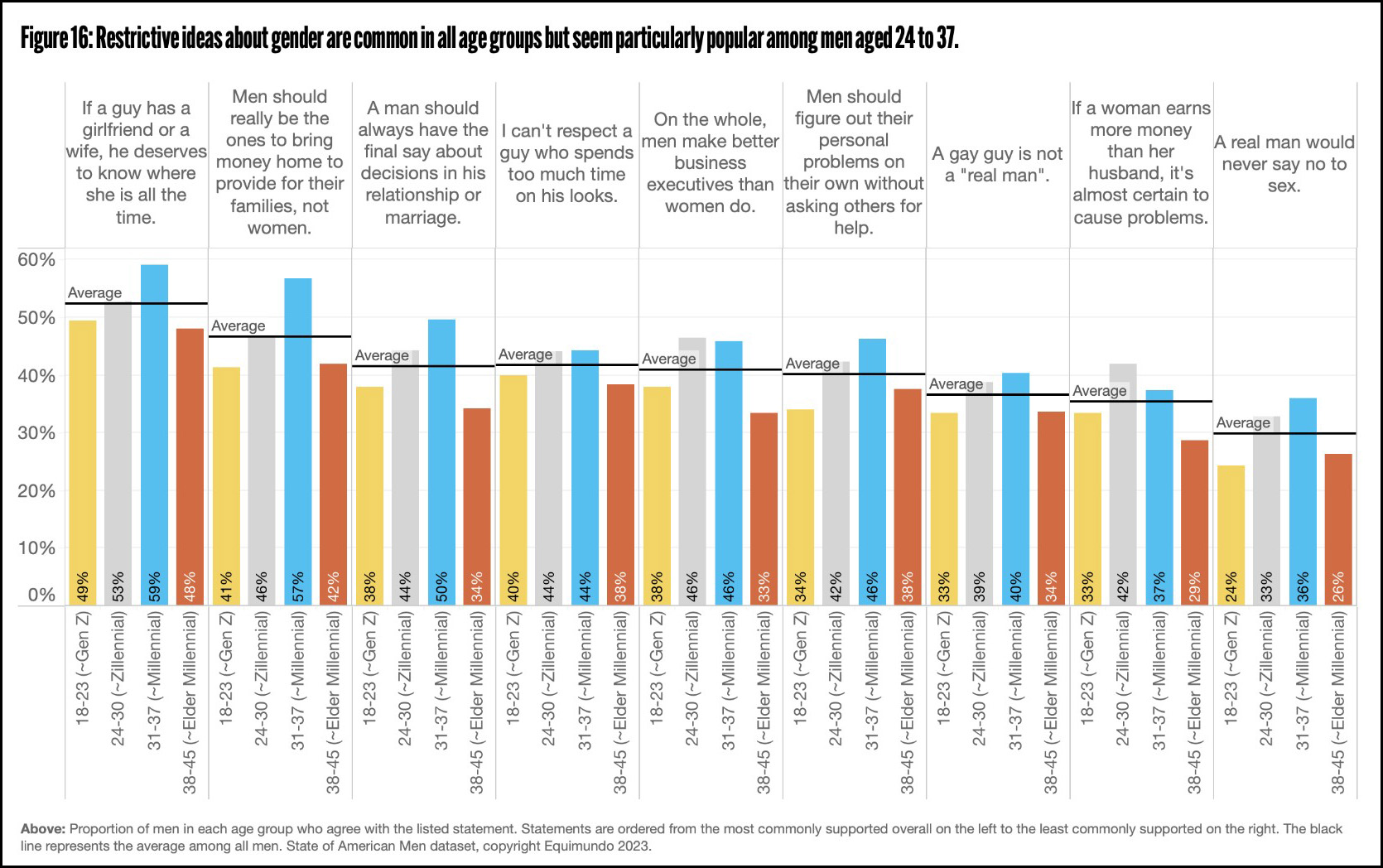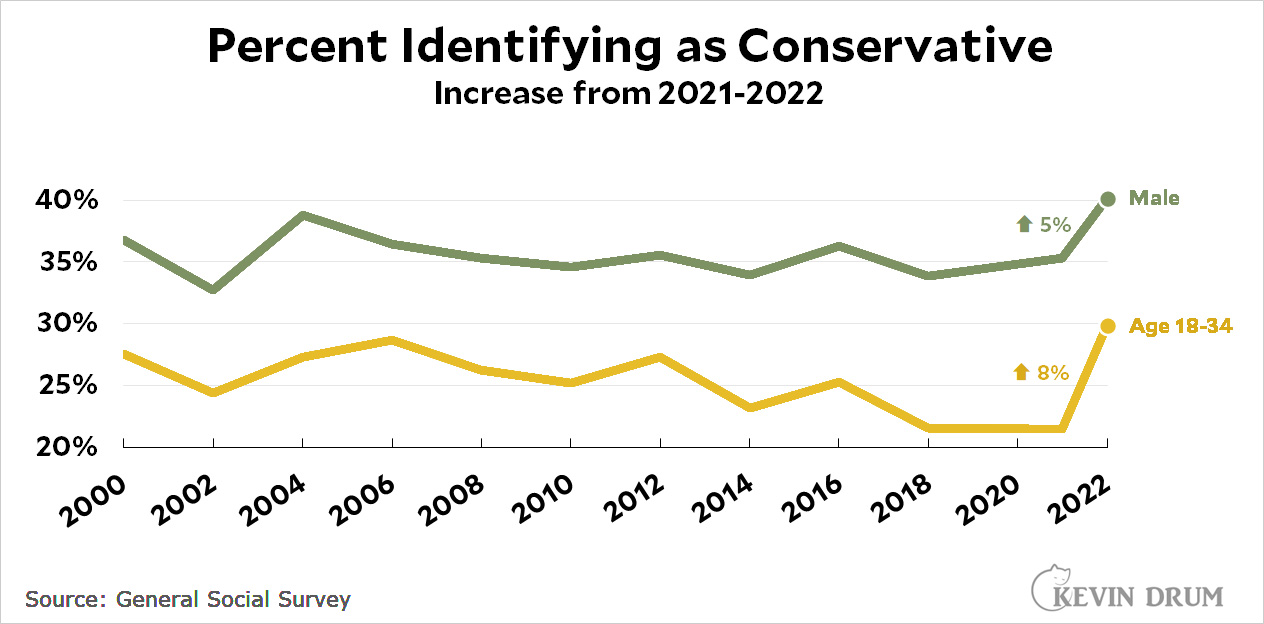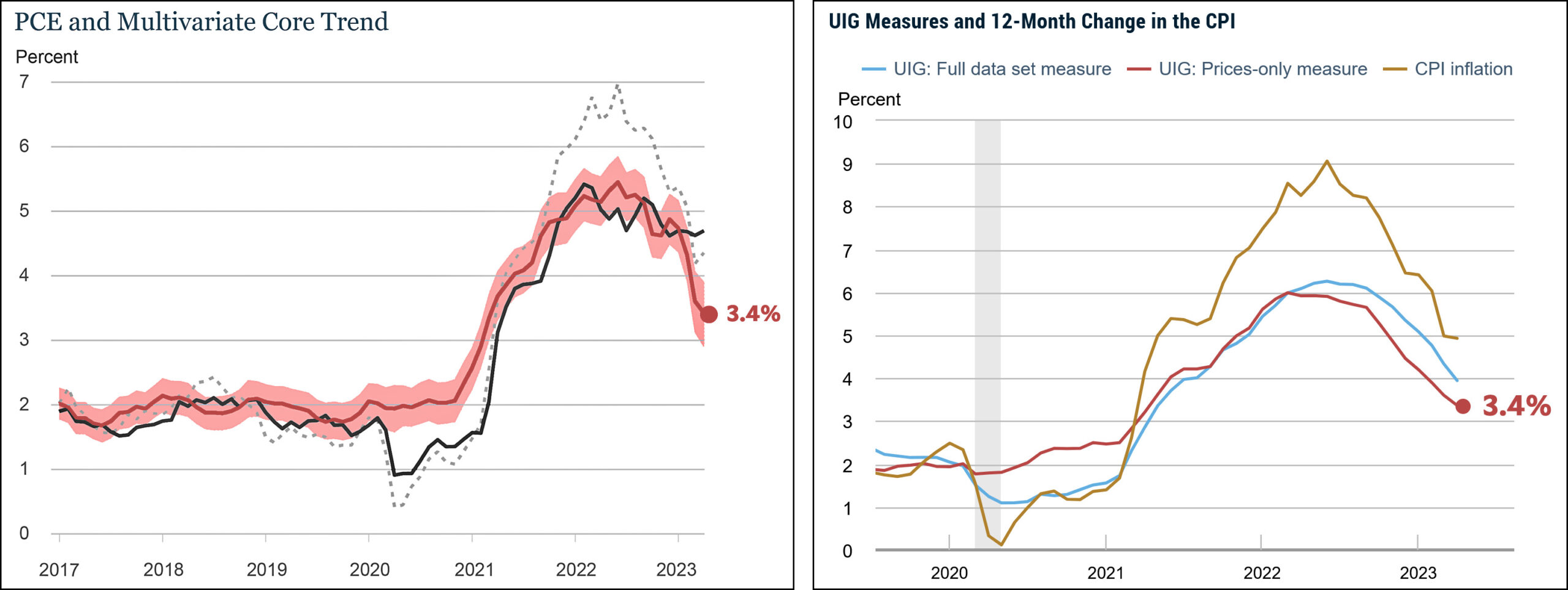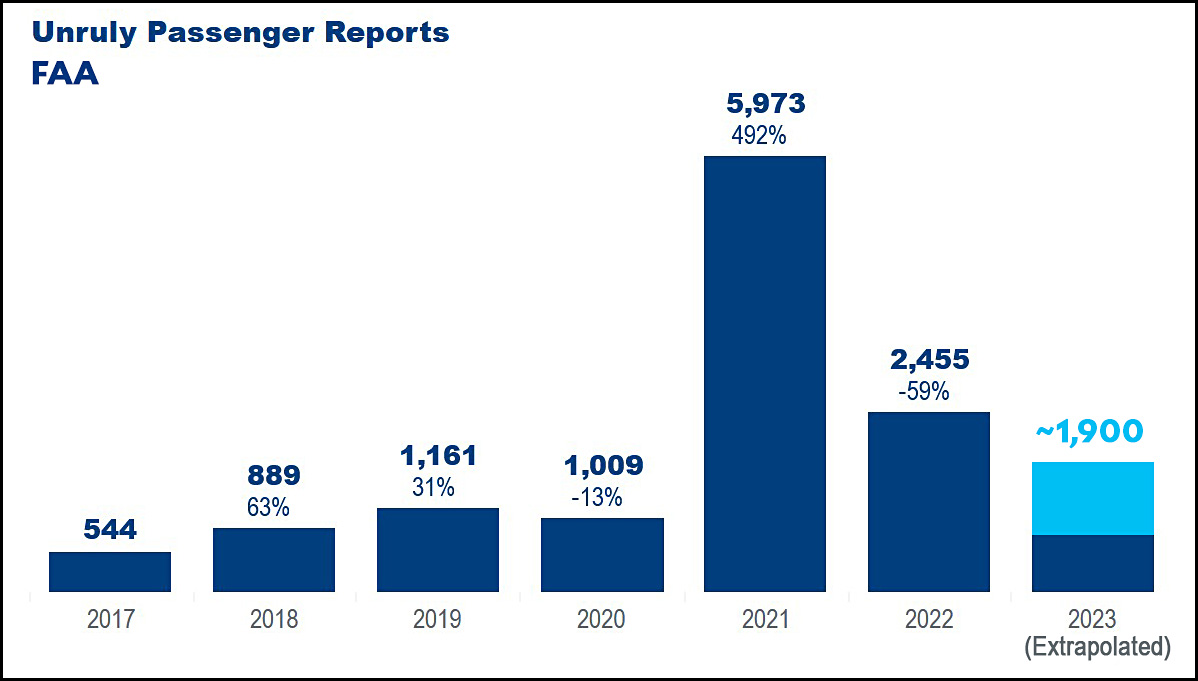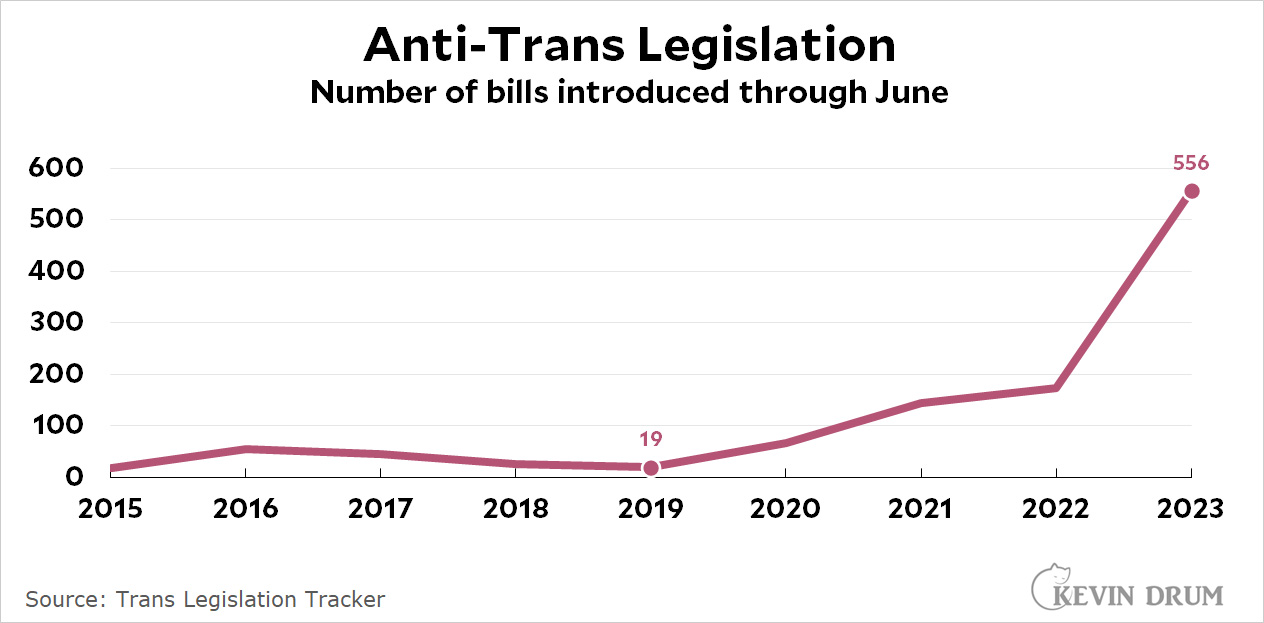The third edition of CREDO, a study of charter school performance, was released today. It covers the years 2014-2019 and shows much stronger performance for charter schools than the previous two studies:
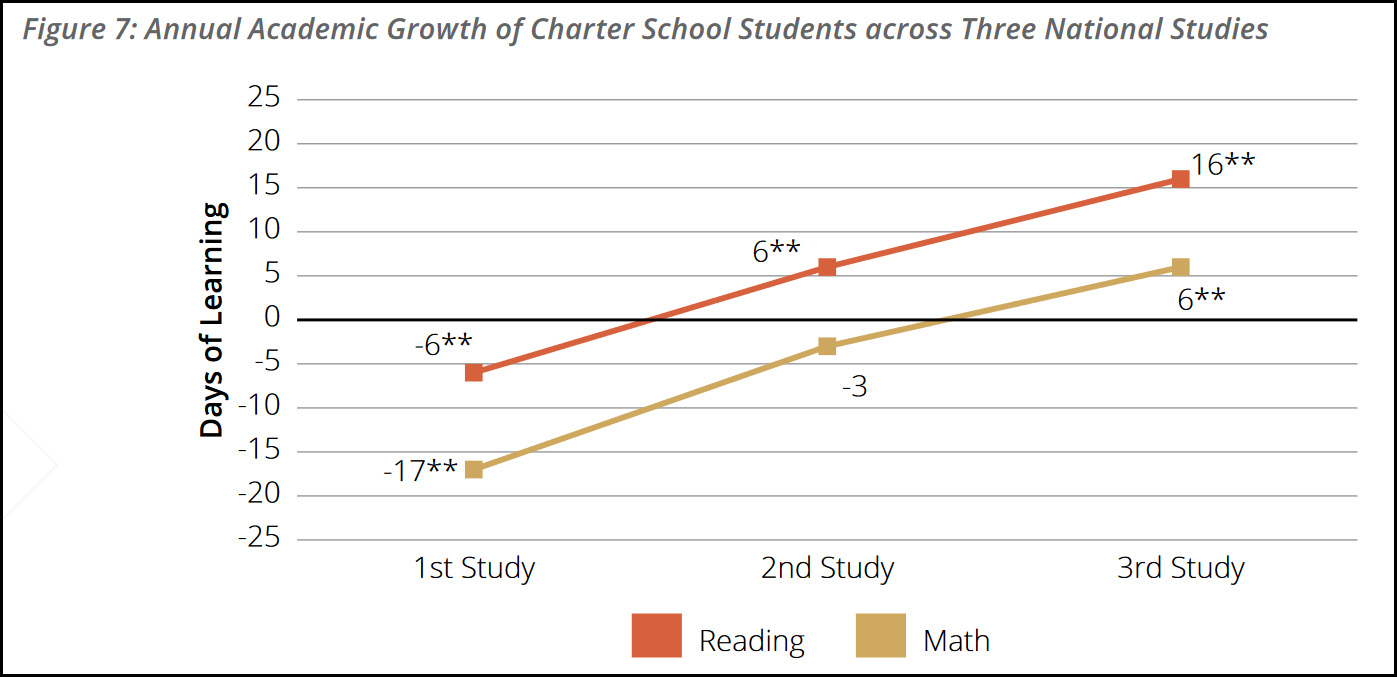 Performance is measured here in "days of learning," with 180 days as the baseline. The latest study shows that in reading, charter students average 16 more days of learning compared to public school students. In math the difference is 6 days.
Performance is measured here in "days of learning," with 180 days as the baseline. The latest study shows that in reading, charter students average 16 more days of learning compared to public school students. In math the difference is 6 days.
But these averages conceal an astonishing difference by race. Charter schools are good for Black and Hispanic students but not for anyone else:
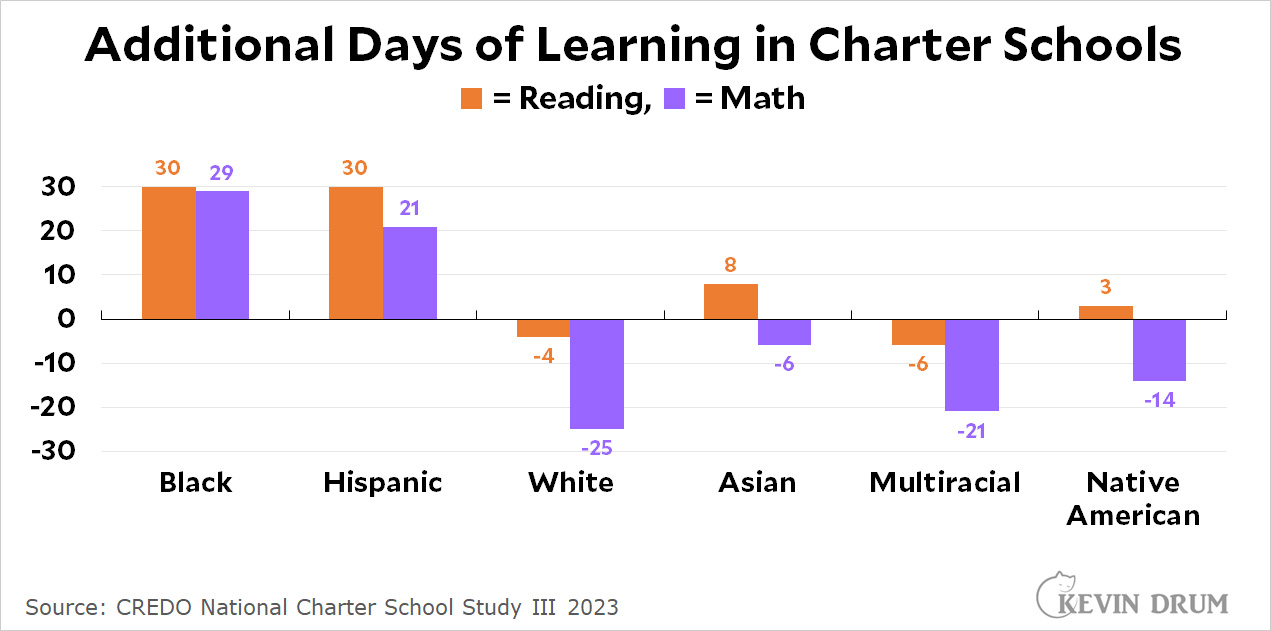 Generally speaking, the study shows positive charter results for:
Generally speaking, the study shows positive charter results for:
- Black and Hispanic students
- Students in poverty
- Urban students
- Schools in northeastern states
- Charter Management Organizations (CMOs)
Results outside of these areas can be quite different from the averages. For example, Ohio charters showed -4% growth in reading and -38% growth in math compared to local public schools. Nationally, children not in poverty showed only small growth in reading and no growth in math. Standalone charters (not part of a CMO) showed a small fraction of the growth of CMO charters. Special education students showed negative results in both reading and math.
It's not clear why the results line up this way. Poor urban charters are probably almost entirely Black and Hispanic, so the strong results for these groups are likely because urban charters are systemically different from suburban charters in some way. The report doesn't speculate about what this difference might be, and I don't have any guesses myself. Perhaps urban charters tend more toward the "no excuses" philosophy than suburban charters?


